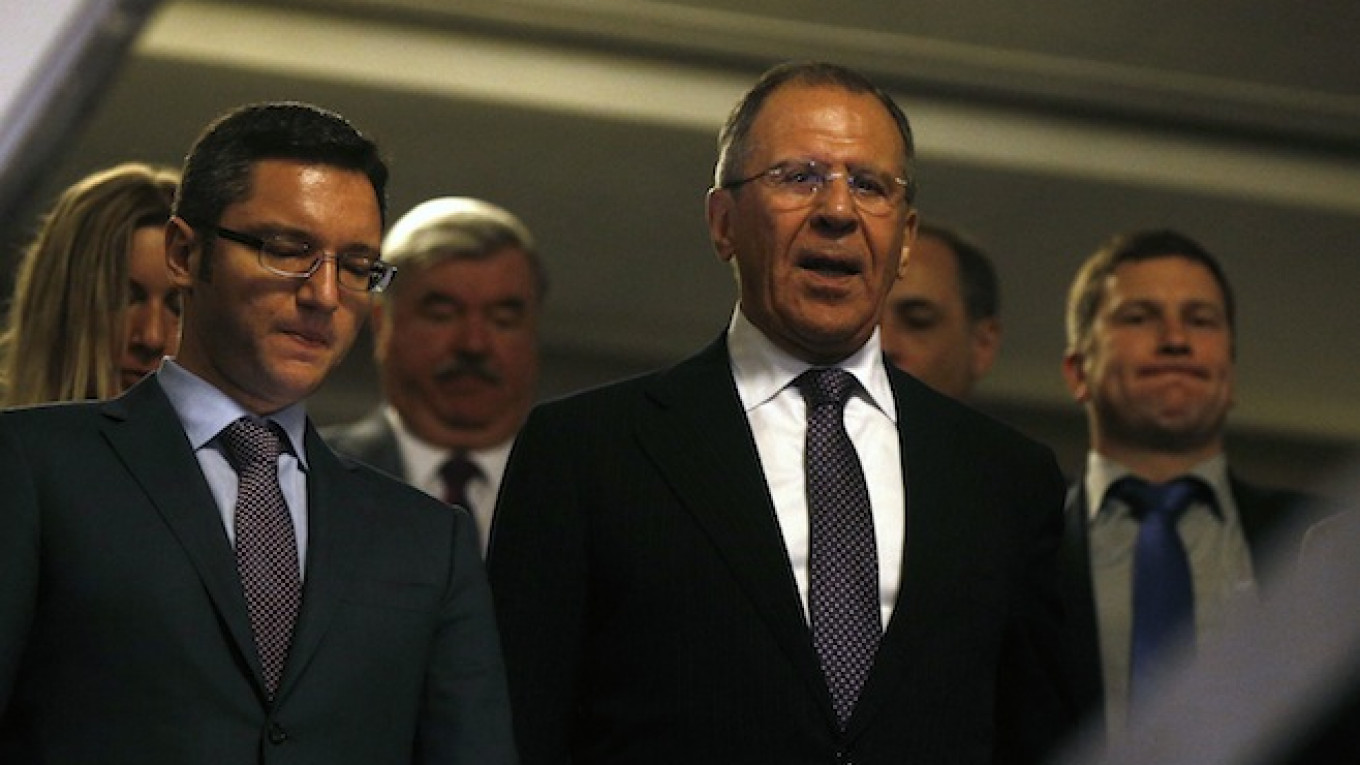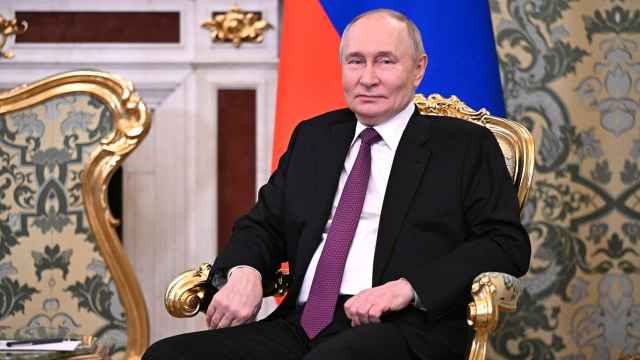SOFIA — Bulgaria, one of five EU states that depend totally on Russia for nuclear fuel, and Westinghouse Electric Company signed a shareholder agreement on Friday paving the way for construction of a new nuclear reactor estimated to cost $5 billion.
The deal, which still requires the approval of Bulgaria's next government, will help the Balkan country reduce its energy dependence on Russia at a time of increased tensions between Moscow and the European Union over Ukraine.
Bulgaria currently operates two Soviet-made 1,000 megawatt nuclear reactors at the Kozloduy site on the River Danube.
Westinghouse, the world's largest nuclear fuel producer and part of Japan's Toshiba group, will take a 30 percent stake in Kozloduy NPP — New Build, which will construct the new units at the Kozloduy site.
"The agreement is signed. However, it will only enter into force if approved by the next government," said Ivan Genov, chief executive of Kozloduy nuclear plant.
Bulgaria's Socialist-led government resigned last week, paving the way for an interim cabinet to take over for two months ahead of a snap election in October. The main center-right opposition GERB party is tipped to win the election.
Reliance on Russia
The deal, once approved, will allow Bulgaria to start talks on the financing and construction of one Westinghouse AP-1000 nuclear reactor at a total estimated cost of about $5 billion.
In a separate statement, Westinghouse said it will provide all of the plant equipment, design engineering and fuel and will open a tender next year for the construction of the unit, which should come online by 2023.
Bulgaria, along with the Czech Republic, Finland, Hungary and Slovakia, are all home to nuclear reactors that are 100 percent dependent on Russian nuclear fuel.
Apart from nuclear, Bulgaria meets almost all of its gas needs with Russian imports and its only oil refinery is controlled by Russia's LUKoil.
The EU this week for the first time agreed economic sanctions against Russia, marking the biggest confrontation between Moscow and the West since the Cold War.
The sanctions avoid physical energy supplies, although they target technology for future oil projects. The EU is redoubling its efforts to reduce reliance on Russian energy supplies.
Bulgaria is one of the few European nations to build new nuclear plants in the wake of Japan's 2011 Fukushima disaster as it seeks to keep a lid on electricity costs while cutting carbon emissions in its energy sector.
Genov said the new reactor would be largely financed by loans from credit export agencies, but the financing is yet to be agreed. He said Kozloduy will be able to repay the loans by selling the electricity on the local and regional market.
Dismissing criticism that the deal was concluded at the last minute by a government leaving office, Westinghouse said the agreement had been signed after consultations with all Bulgarian political parties.
See also:
EU Hits Russia With Harshest Sanctions Yet Over Ukraine
Russia Says EU Sanctions Will 'Inevitably' Raise Its Energy Prices
A Message from The Moscow Times:
Dear readers,
We are facing unprecedented challenges. Russia's Prosecutor General's Office has designated The Moscow Times as an "undesirable" organization, criminalizing our work and putting our staff at risk of prosecution. This follows our earlier unjust labeling as a "foreign agent."
These actions are direct attempts to silence independent journalism in Russia. The authorities claim our work "discredits the decisions of the Russian leadership." We see things differently: we strive to provide accurate, unbiased reporting on Russia.
We, the journalists of The Moscow Times, refuse to be silenced. But to continue our work, we need your help.
Your support, no matter how small, makes a world of difference. If you can, please support us monthly starting from just $2. It's quick to set up, and every contribution makes a significant impact.
By supporting The Moscow Times, you're defending open, independent journalism in the face of repression. Thank you for standing with us.
Remind me later.






